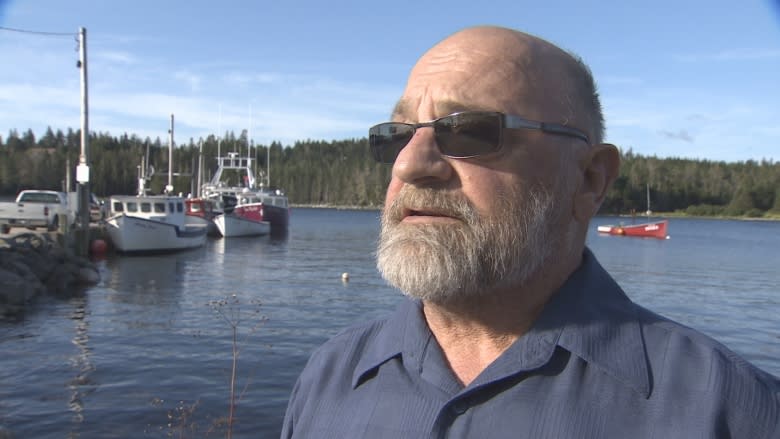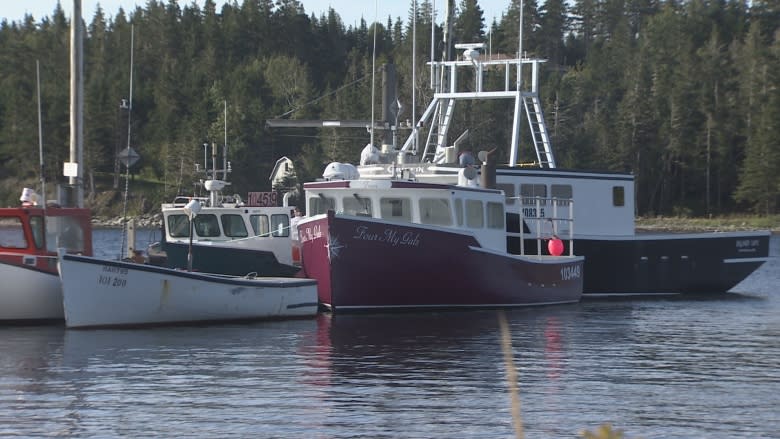Lobster fishery won't be hurt by new Eastern Shore protection zone
Lobster fishermen on Nova Scotia's Eastern Shore say they are relieved to learn the federal government's plan to establish a marine-protection area in the waters along their coast won't hurt the local fishery.
"That's good news to us and that's all the fishermen ever wanted, but we're still concerned about the designation and the management of it going forward," said Peter Connors, president of Eastern Shore Fisherman's Protective Association.
"We certainly aren't against the protection of the area here, and we've been working hard and spending a lot of money for years to help with conservation and protection."
The Department of Fisheries and Oceans is in the early stages of working out the logistics of protecting 2,000 square kilometres of water between the communities of Clam Harbour and Liscomb Point.
The goal is for the site to be protected by 2020.
Marine-protection designations can restrict activities like fishing and offshore energy development. But on Thursday, the Department of Fisheries and Oceans confirmed the protection zone planned for Eastern Shore will not impact the lobster fishery.
"We want to work with industry to essentially look at the future and I think, ultimately, we have the same end goal," said Max Westhead, the department's section head for the marine protected areas program.
"We want to see that naturalness and the healthy ecosystem continue, and we want to see those sustainable fisheries continue."
The federal government has set some firm targets for protecting Canadian coastlines. Five per cent is slated to be protected by the end of this year and 10 per cent by 2020. Currently, 3.44 per cent is protected.
Westhead said it's important to work with the local fishery on what will be the first coastal marine-protected area in Nova Scotia.
"We are so early into this right now we aren't even calling it an area of interest. It's just a study area and we are just starting our initial conversation with industry."
Fishermen in the area have had grave concerns about the government's plan.
They feared their two-month lobster fishing season, which runs from late April to late June, would be shut down. That would mean a devastating blow to the local economy, according to Connors, who fishes out of Sober Island.
"There's millions of dollars that goes into the local economy here from the fishery," he said. "There's no fishing here that's done any harm to the ecology of this area."
The coastal waters being studied by the government are home to 100 Wild Islands. The virtually untouched archipelago was recently acquired by the Nova Scotia Nature Trust.
Westhead said a marine-protected area could pave the way for more ecotourism businesses in the area.



